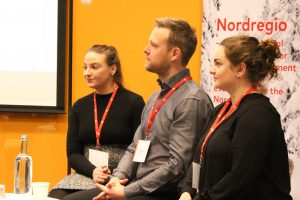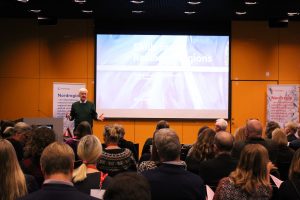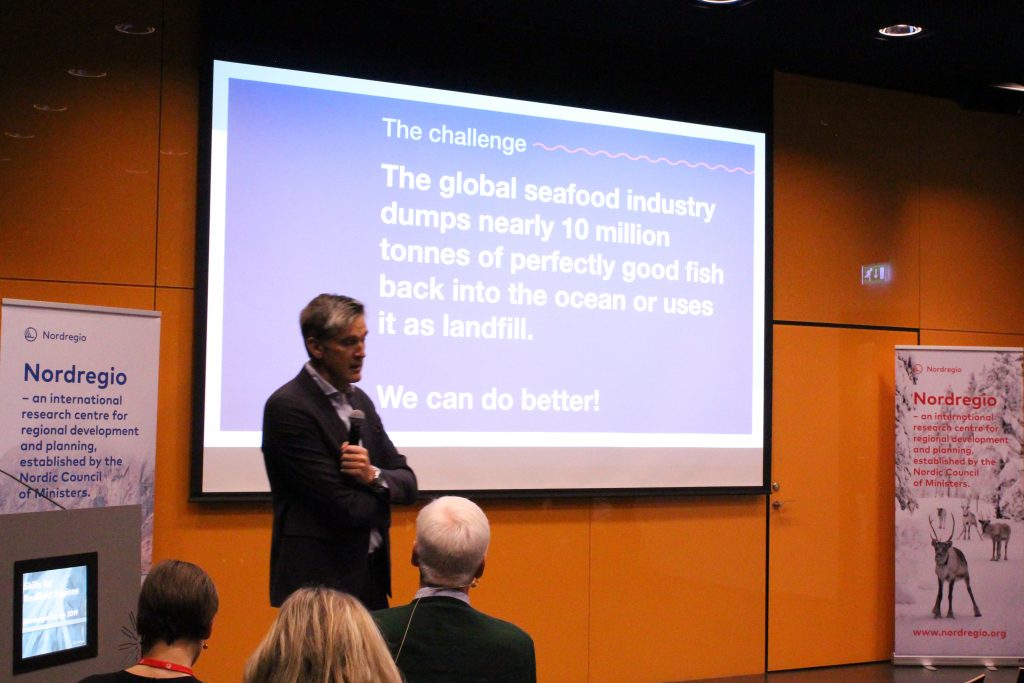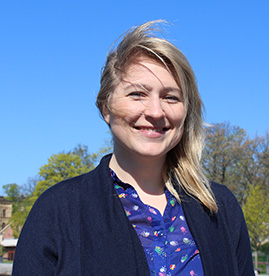What is resilience and how to build resilient regions? The keynotes and regional representatives at the Nordregio Forum 2019 panel shared their recipes and skillsets on how to become resilient. Jonas Wendel, Chief of staff to the Secretary-General at the Nordic Council of Ministers, nicely summarises the concept: “Resilience is to welcome change. And for those who are capable of changing, opportunities will present themselves”. Nordregio’s Senior Research Fellow Jukka Teräs sees it as a way of recovering from disturbance: “Do you bend, or do you break?” Teräs also provided clear instructions on how to do it: Generate awareness of possible risks by identifying risks, spread the risk by diversifying the industrial base and invest in entrepreneurship and last but not least by building trust between citizens, regional institutions and other actors.
Nordregio Forum panel opened the stage for great regional examples from all the Nordic countries which only proofs that the regions are already working on this actively, and they shared the same message: citizen engagement is the key for success. All partnerships are important, and as the youth representative Pétur Halldórsson, chair of the Icelandic Youth Environmentalist Association (Ungir umhverfissinnar), put it: “The best solutions are found when we work peer-to-peer with all cultures in the Nordic countries to actively learn from each other”. The youth representatives also shared the same concern about the Nordics becoming too arrogant and thinking we know the best. “We should also stay humble and learn more from other (non-Nordic) countries”, says Ragnheiður Kristín Finnbogadóttir.


Smart specialisation and resilience: Do they go hand in hand?
Smart specialisation is a strategy tool made for regions to create resilience by finding strengths and focusing on those. “Smart specialisation is not the same everywhere. Actors can be the same, but the opportunities are different”, says Peter Berkowitz, Head of the Smart and Sustainable Growth Unit at DG Regio. In brief, smart specialisation and resilience are supporting concepts for the regions to identify where their strengths and weaknesses ally and prepare for the future.
Thor Sigfusson, Founder of the Iceland Ocean Cluster in Reykjavik, shows a successful example of focusing on the maritime business. He brought to life a network of people in the maritime business and academia and now the cluster is attracting new talent and aims to increase the value of a fish from 14 to 80 euros through high-end product development. Another great success story is the sustainable growth of tourism in the Faroe Islands in the past couple of years. After deciding that tourism should be a new industry sector for the islands, several focused efforts have led to a rapidly growing tourism boom. The Faroe Islands are differentiating themselves from other tourist destinations by trying to preserve the islands, its culture and people from big crowds and attracting “quality over quantity”, meaning for example that they are not targeting their marketing efforts to big cruise ships with thousands of visitors but rather visitors that stay for longer and not only in the capital region. The concept “Closed for maintenance” which was first launched in the spring of 2019 was highly successful and attracted volunteers from all around the world to come and help to preserve nature during the weekend.

Nordregio Forum 2019 inspired deep discussions around the UN sustainability goals, sustainable tourism and specialisation and entrepreneurship. As final remarks, Nordregio’s Director Kjell Nilsson would also like to remind us of the role of active individuals beyond the statistics who are the engines of change. Nordic regions are active and innovative, and we expect to hear many great examples of attracting and developing new skills and businesses in the Nordic regions in the future. Welcome to Nordregio Forum 2020 in Copenhagen 25-26 November 2020!


